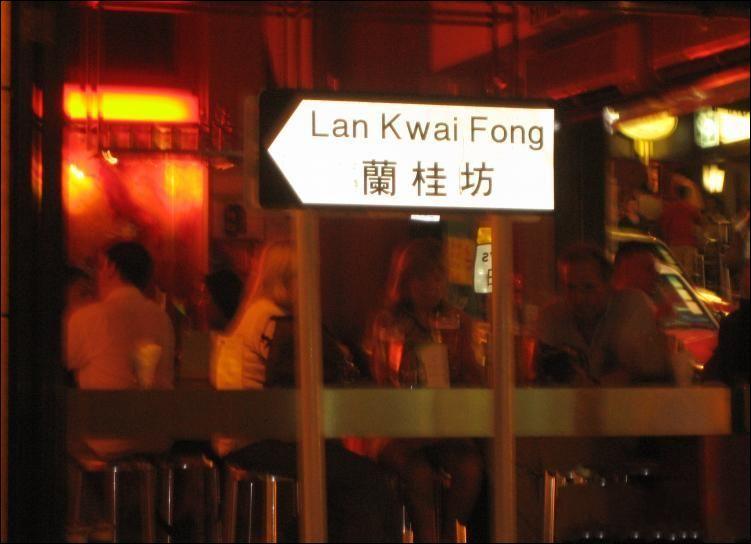Beijing is a city in an early transition from the old to the modern. You can see many people talking to their cell phones on the street, in restaurants, or on buses. And yes in restrooms. But you can see lots of people engaged in numbing chores using nothing more than manual labor.
Although Beijing air is very dusty and polluted, its streets are relatively free of litter. Many people  recycle all sorts of packagings as a living. Unlike Paris, its streets have no dog droppings. However, spitting is a very common habit even on spotlessly clean floors and carpets. recycle all sorts of packagings as a living. Unlike Paris, its streets have no dog droppings. However, spitting is a very common habit even on spotlessly clean floors and carpets.
Unlike Shanghai which is famous for shortage of restrooms. Beijing has a lot of pay public restrooms. Most commodes do not have seats. The stench in these restrooms is overpowering. I spaced my water intake very carefully to avoid using public restrooms.
Traffic in Beijing is unbelievably congested. Bicycles were the dominant mode of transportation before the four fold increase of motorized vehicles since 1960. There are few pedestrian crossings and are not respected by cars where they exist. Traffic lights are observed fairly strictly except for turns because there are almost no left or right turn signals I was afraid to cross a street the first 2 days. But because traffic moves very slowly, there is really no danger navigating your way across the street. Most motorized vehicles are either buses (electric or gas-powered) or taxis. And they don't move much faster than the ubiquitous bicycles. Where there are no bike lanes, bikes travel on regular lanes as if they are motorized vehicles. But, there are few traffic accidents in spite of the congestion. A taxi driver told me that the process of filing accident claims is extremely cumbersome and time consuming.
Taxis are very inexpensive by American standard. Most rides in town don't cost more than US$3. But bus rides cost even less (about 7 US cents) regardless of distance. Bus stop signs list all the stops of each route and recorded messages announce all stops in advance. If you know Chinese, you will not get lost. I took taxis the first 2 days. But changed to buses after I discovered that I didn't get to my destinations any faster. But be prepared for extreme congestion as there is no enforcement of seat capacity, if one even exists.
 The variety of cusines boggles my mind. Since many food vendors prepare their meals on the open sidewalk, you can observe how they practice their trades easily. I was particularly fascinated by how they pulled dough into evenly sized noodles. The variety of cusines boggles my mind. Since many food vendors prepare their meals on the open sidewalk, you can observe how they practice their trades easily. I was particularly fascinated by how they pulled dough into evenly sized noodles.
There were very few cloudless days with blue sky. On some days, I didn't even have enough light to take any photos using ASA200 film. When light was available, it was so drab that I didn't bother to take any photos. I only used up 4 rolls of films.
Early October was indeed a nice time to visit Beijing. It was not too cold or too warm. High 30 degree F in the morning or evening, warming up to low 80 degree F at noon.
Beijing is a haggler's shopping paradise. Except for fixed price items in department stores, every thing else is negotiable. Flea markets are everywhere offering goods that are not easily available in the US at unbelievably low prices.
Beijing people are very courteous and helpful. Unlike people in Taiwan, they don't resent tourists speaking Mandarin since that is their dialect. Tourists should feel more welcome now that dual pricing for admissions and transportation is no longer practiced. |